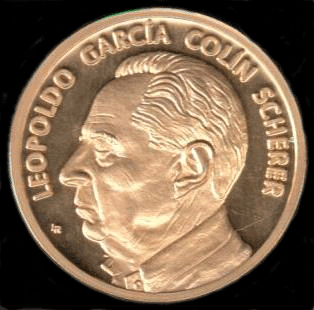Description
One may think of classical stochastic processes as arising from the evolution of an open quantum system in the limit of strong decoherence. From this perspective, one would start with a quantum system, assume a coupling to the environment and eventually reach the classical stochastic process in the limit of strong decoherence. Here, we to proceed in the opposite direction: Given a discrete-time classical Markov process, we derive a description in terms of a sequence of quantum channels. We then modify these quantum channels in such a way that random "which path"-decisions are replaced by the superposition of all possible paths. This procedure is restricted by the requirement that the original classical stochastic process would be recovered, if sufficiently frequent and complete measurements were performed. As a consequence, the resulting process is typically semi-quantum, i.e. intermediate between purely quantum (i.e. unitary) and purely stochastic (i.e. classical).
We apply this procedure to the stochastic dynamics of an Ising spin chain under a high-to-zero temperature quench. We find that the resulting semi-quantum process conserves a surprisingly large amount of coherence. As compared to the classical process, we find a number of notable differences in the behavior of macroscopic variables, such as a faster equilibration time.

